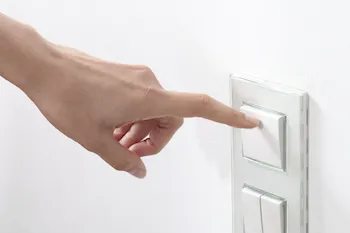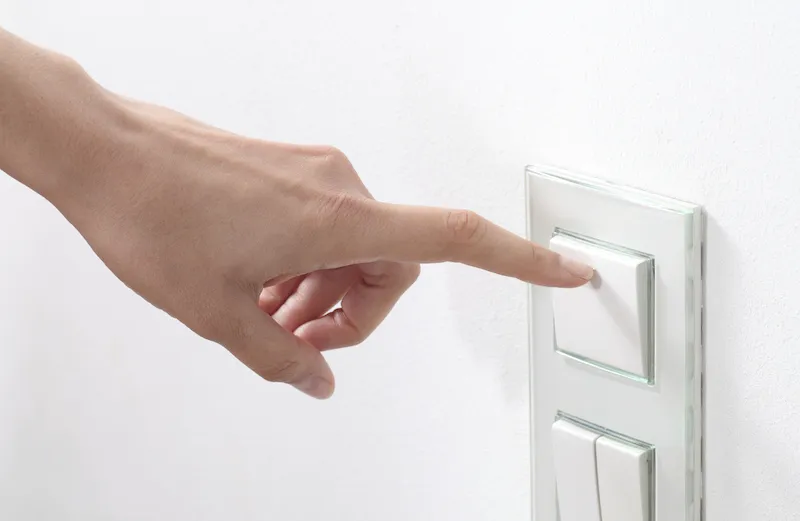Not long ago I was in Florida at a speaking engagement when I learned that my old friend David would be speaking nearby at an event of his own. I hadn’t seen him in years–he lives in California and I live in Ohio–so I contacted him and suggested we meet.
We had a great time renewing our friendship, drinking coffee and sharing a pastry. As we rose from the table, David (who is a vibrant Orthodox Jew and knows that I am always interested in learning more of his faith and practice) asked if he could pray the appropriate berakhah.

David’s prayer is one of many berakhot (“blessings”) observant Jews pray on any number of occasions. There is a berakhah to be said upon waking up, and several berakhot (plural for berakhah) that are recited when putting on certain articles of clothing.
There are different berakhot for eating fruit or drinking wine. There is even a berakhah to be recited after using the bathroom.
It may seem excessive to some, but I delight with my friend David in the opportunity to make every situation of daily life–or as many as possible–an occasion for praising God and giving thanks.
In fact, I think this is an area (among many) where all who love God and live to please him can learn from our Jewish friends and neighbors by installing new “berakhot” into our daily lives. For example, what if we made several of the following habitual?
- On Getting Dressed
Lord God, thank You for clothes to wear; have mercy on those who go without adequate clothing.
- On Entering One's Workplace
Lord God, thank You for my job, even as I remember the unemployed.
- On Taking Medicine
Lord God, thank You for my health and for medicine that makes me healthier; have mercy on those who are sick or suffering.
- On Entering or Leaving One's Home
Lord, I thank You for this home and all its comforts, even as I ask You to come to the aid of those without homes and those far from home.
- On Turning Lights On or Off
Lord, thank You for light and electricity; have mercy on those who live in darkness, figuratively or literally.
- On Turning Faucets On or Off
Lord God, thank You for running water and indoor plumbing, even as I pray for those without such necessities.
Some say it takes 28 days for a practice to become a habit. Imagine using these–or others of your own devising–to instill in your daily routines a habit of gratitude and awareness of your many blessings.
Do you think you could make a few blessings (berakhot) like these a habit? Do you think it would become too routine over time? What effect do you think it would have?






